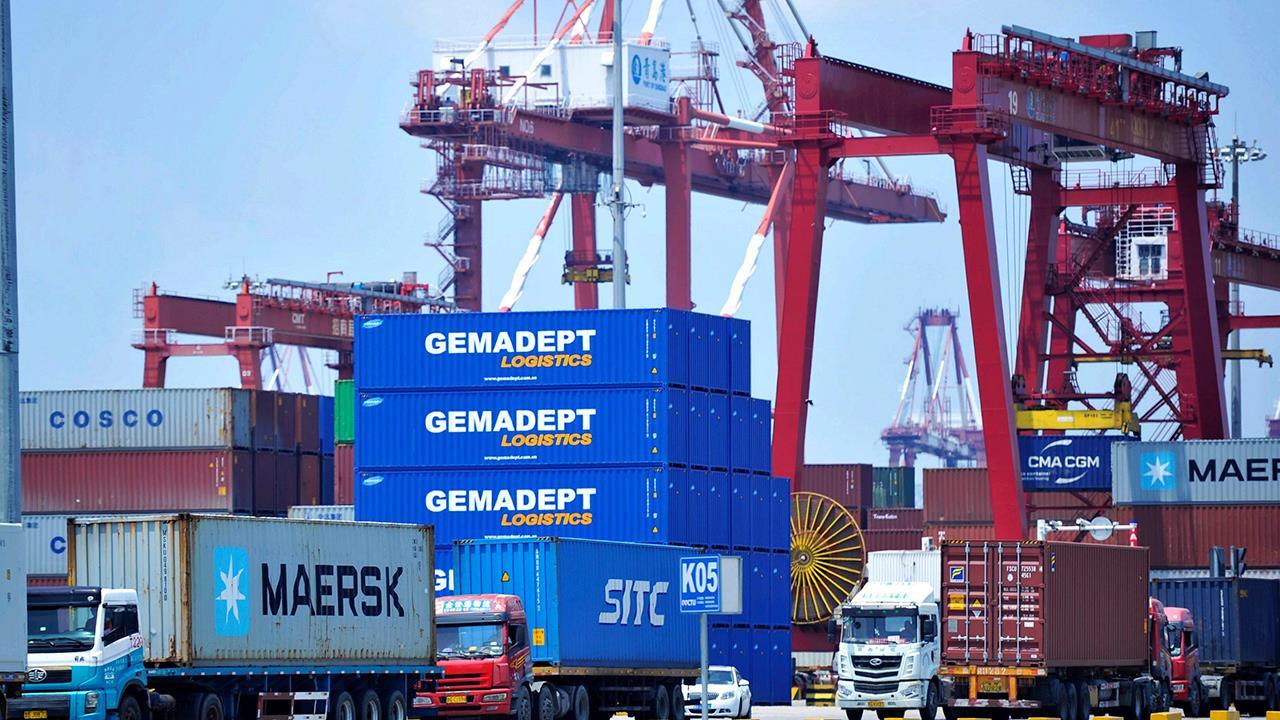Can a tariff-free world really work?
The imposition of tariffs may be a negotiating tactic by President Trump to convince other nations to drop trade barriers, but according to the former undersecretary of commerce for international trade, that’s unlikely to occur in the near term.
“I’m not particularly optimistic we’re going to get there anytime soon,” Stefan Selig said during an interview with FOX Business’ Liz Claman on Wednesday.
Despite some of the trade discrepancies between the U.S. and the European Union, tariffs, he argued, are instrumental in protecting certain American industries, such as trucks and SUVs. In fact, there are federal laws revolving around tariffs that have already been put into place to protect American industries.
“It’s not clear at all that the U.S. automakers would actually support [free trade] in the near-term,” he said.
Trump met with European Commission President Jean-Claude Juncker on Wednesday in Washington, D.C. to discuss the ongoing bout of tariffs between the traditional economic allies. At a meeting in the Rose Garden, Trump said the two agreed to work together toward “zero tariffs, zero non-tariff barriers and zero subsidies on non-auto industrial goods.”
The U.S. and the European trading bloc will also work to increase trade of services, chemicals and pharmaceuticals, as well as soybeans. American soybean farmers have been threatened by a brewing trade war with China, which is the biggest buyer of U.S. soybeans, importing more than $12.4 billion worth of the oil seed in 2017, according to the Peterson Institute for International Economics.
Selig, however, remained skeptical: Trump backed out of the Transatlantic Trade and Investment Partnership, a negotiated agreement between the EU and the U.S. that sought to promote trade and a closer economic partnership. He also warned of legitimate unfair trade practices -- the EU, for instance, imposes a tariff of 10% on American-made cars, while the U.S. only levies a 2.5% tariff on European cars.
“I think where we’re getting into a little of trouble here is I think the president and his team have rightly identified some real issues, and whether they’re automobile tariffs or the issues we have with China, the question is are the policies and the way we’re going about doing this likely to lead to success,” he said.




















